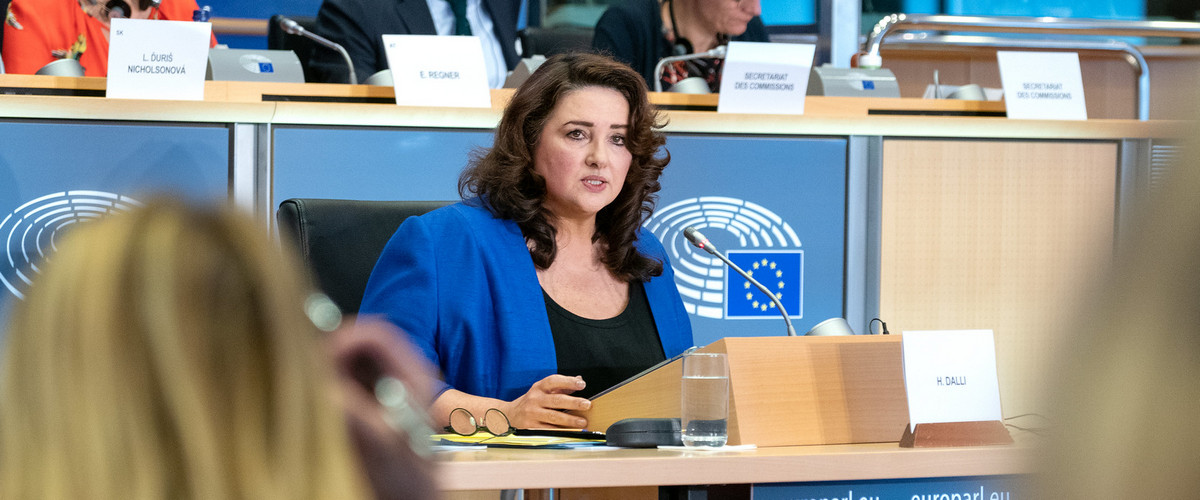Original article (in Montenegrin) was published on 08/12/2021
In a time of disinformation, those dealing with sensitive issues such as religion can bring more clicks to their creators. Or at least they hope so. But, of course, when the title says that someone is forbidding you to mention the biggest and happiest Christian holiday, it can cause anger and resentment among individuals.
Nacionalist, a website from Serbia, whose publications we often expose, according to the old, well-known model, published an article with the following title:
TERRIBLE – ALARMING: EU bans Serbs from using words “Christmas” and “Christian name”
To be clear – in this case, no one forbade the Serbs to do anything.
The European Commission recently adopted an internal document containing guidelines for inclusive communication, called “Union of Equality”, which was first developed by the Italian il Giornale. The document outlines the criteria that should be adopted for EC employees for external and internal communication.
In the introductory part, Equality Commissioner Helena Dali writes that inclusive communication should always be offered, ensuring that everyone is valued and recognized, regardless of gender, race or ethnic origin, religion or belief, disability, age or sexual orientation.
Thus, the document, among other things, suggested that instead of the term ‘ladies and gentlemen’, ‘dear colleagues’ should be used, and instead of ‘Christmas holidays’, ‘holiday season’. It is recommended not to use the phrase “Christmas period can be stressful”, but to say “holidays can be stressful”, and to avoid the names “Marija” and “Jovan” in publications, but to use “Malika. and Julius”.
All this immediately provoked violent reactions among conservatives in Malta, where Commissioner Dali comes from. The Vatican also reacted, so the Vatican Secretary of State, Cardinal Pietro Parolin, first praised the efforts to eradicate discrimination in the EU, but also pointed out that such initiatives cannot include “the annulment of our roots, the Christian dimension of our Europe, especially when it comes to Christian festivals”.
After that, the document was withdrawn, in order to finalize it, which Commissioner Dali published on her Twitter account.
“My initiative to write guidelines for communication had an important intention: to illustrate the diversity of European culture and to show the inclusive nature of the European Commission towards every way of life and belief of European citizens. However, the published version of the guidelines does not adequately serve this purpose. It is not a mature document and does not meet all EC quality standards. The guidelines, it is clear, need to be finalized”, said Dali.
In this entire document, but also in the statements of individuals, no one mentioned Serbs, nor that someone forbids them anything, especially not the “Christian name”. The document, which has now been withdrawn, referred to EC officials. Serbia has not yet become an EU member, indicating that the announcement is absurd.
Because of all this, this post received ratings for ‘disinformation’ and ‘fake news’.
The rating “disinformation” is given to a media report that contains a “mixture” of facts and inaccurate or semi-true content. In such cases, the media doesn’t need to be aware of the inaccurate information published along with the truth. Also, this assessment will treat reports that have false attributions or titles that do not reflect the text in terms of accuracy of information.
The rating “fake news” is given to the original media report (entirely produced by the media that published it) that contains factually incorrect claims or information. Content that is assessed as fake news can be reliably established to have been created and disseminated to misinform the public, that is, to present a claim that is entirely false as fact.



